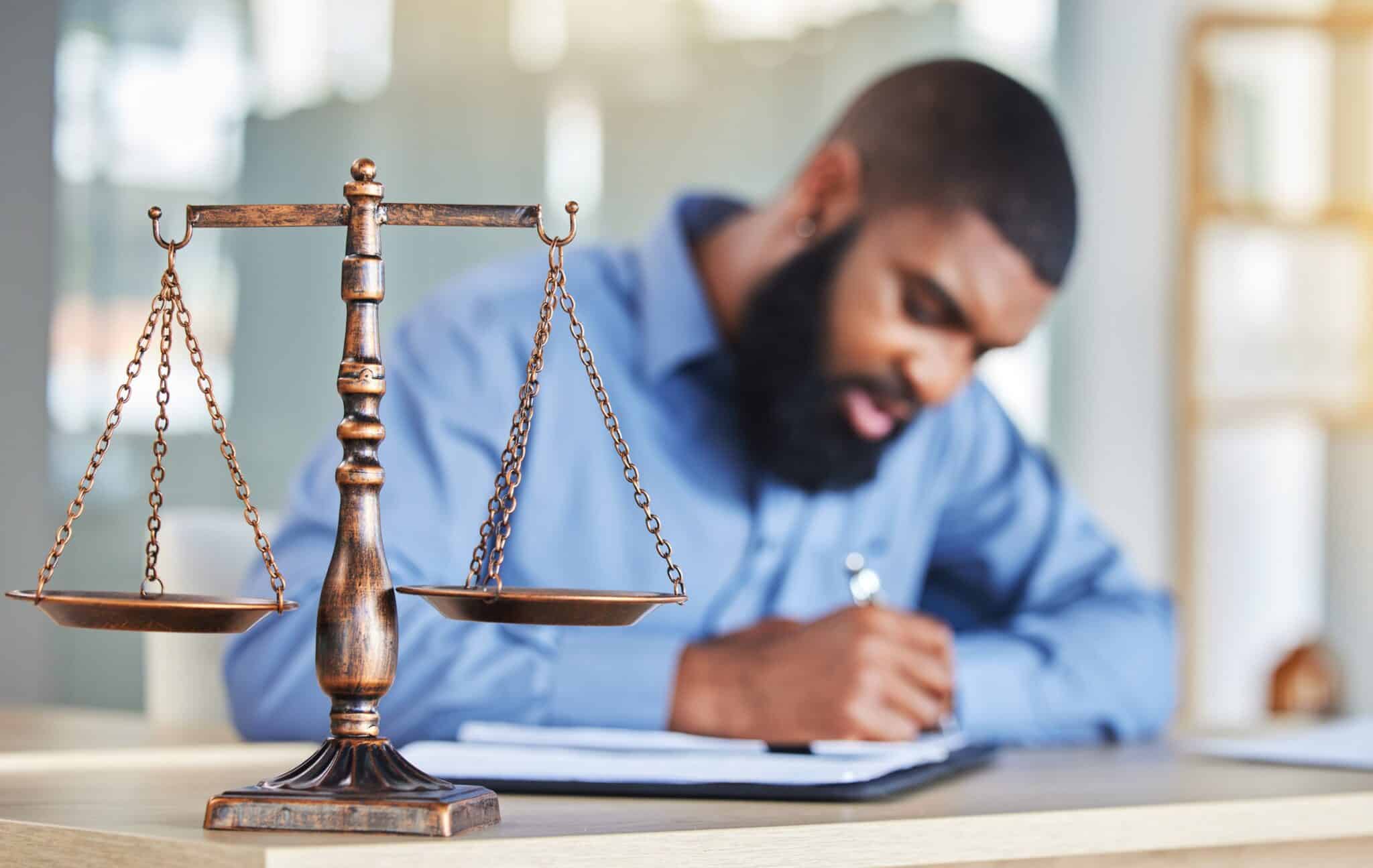Once a court issues an order, it generally cannot be changed without a showing of…
How to Ensure Fair Representation in Court as a Defendant – Guest Post

Facing criminal charges can be one of the most stressful and life-altering experiences a person may encounter. The stakes are high, and the legal system can be intimidating, especially for those unfamiliar with its procedures and expectations. Ensuring fair representation in court is not just a matter of legal strategy, but a fundamental right that can significantly influence the outcome of a case. Whether the charges are minor or severe, every defendant deserves a fair chance to present their side, protect their rights, and receive a just verdict.
This article outlines key steps and considerations for defendants seeking fair representation in court, emphasizing the importance of preparation, legal counsel, and understanding the judicial process.
Understand Your Legal Rights
The first step in securing fair representation is understanding your legal rights as a defendant. These rights are designed to protect individuals from unjust treatment and ensure due process. Among the most critical are the right to remain silent, the right to an attorney, the right to a fair and public trial, and the right to confront witnesses.
Being aware of these rights empowers defendants to make informed decisions throughout the legal process. For example, exercising the right to remain silent during police questioning can prevent self-incrimination. Similarly, knowing that you have the right to legal counsel ensures that you do not navigate the complexities of the legal system alone.
Defendants should also be aware of procedural rights, such as the right to access evidence, the right to appeal, and the right to be presumed innocent until proven guilty. These protections form the foundation of a fair trial and must be upheld at every stage.
Choose the Right Legal Representation
Selecting the right legal representation is one of the most important decisions a defendant can make. A qualified and experienced attorney can make a substantial difference in how a case is handled and ultimately resolved. While public defenders are available to those who cannot afford private counsel, defendants should evaluate their options carefully and seek representation that aligns with the complexity of their case.
A skilled criminal defense attorney brings not only legal expertise but also strategic insight into how to challenge evidence, negotiate plea deals, and present compelling arguments in court. They understand the nuances of criminal law and can identify procedural errors or constitutional violations that may affect the case.
When choosing an attorney, consider their experience with similar cases, their communication style, and their reputation within the legal community. A strong attorney-client relationship built on trust and transparency is essential for effective representation.
Prepare Thoroughly for Court Proceedings
Preparation is key to ensuring fair representation. Defendants should work closely with their attorney to gather relevant documents, identify potential witnesses, and understand the charges and possible outcomes. This includes reviewing police reports, surveillance footage, forensic evidence, and any other materials that may be used in court.
Defendants should also be prepared to discuss their version of events clearly and consistently. While the attorney will handle most of the legal arguments, the defendant’s input is crucial in shaping the defense strategy. Being honest and forthcoming with your attorney allows them to build the strongest possible case.
In addition, understanding courtroom etiquette and procedures can help defendants feel more confident and composed during hearings and trials. This includes dressing appropriately, addressing the judge respectfully, and following instructions carefully.
Monitor the Fairness of the Process
Even with strong legal representation, defendants should remain vigilant about the fairness of the judicial process. This includes observing how evidence is presented, how witnesses are treated, and whether the prosecution adheres to legal standards. Any signs of bias, misconduct, or procedural errors should be documented and discussed with your attorney.
Defendants have the right to challenge unfair practices through motions, appeals, or complaints to judicial oversight bodies. For example, if evidence was obtained illegally or if the prosecution failed to disclose key information, these issues can be grounds for dismissal or retrial.
Maintaining a record of court proceedings and communications can also be helpful in identifying inconsistencies or violations. Staying informed and engaged throughout the process reinforces your commitment to a fair trial and helps your attorney advocate more effectively on your behalf.
Seek Support Beyond the Courtroom
Legal challenges often come with emotional and financial stress. Seeking support outside the courtroom can help defendants maintain stability and focus during difficult times. This may include counseling, financial planning, or community resources that provide assistance with housing, employment, or family matters.
Support networks such as family, friends, and advocacy groups can also play a vital role in helping defendants navigate the legal system. They can offer encouragement, help with logistics, and provide character references when needed.
Taking care of your mental and emotional health is just as important as preparing for court. A balanced approach to legal defense includes both strategic planning and personal resilience.
Conclusion
Ensuring fair representation in court as a defendant requires a combination of legal knowledge, strategic preparation, and active engagement in the judicial process. By understanding your rights, choosing the right legal counsel, preparing thoroughly, and monitoring the fairness of proceedings, you can protect your interests and work toward a just outcome. The legal system is complex, but with the right support and approach, defendants can navigate it with confidence and integrity.
